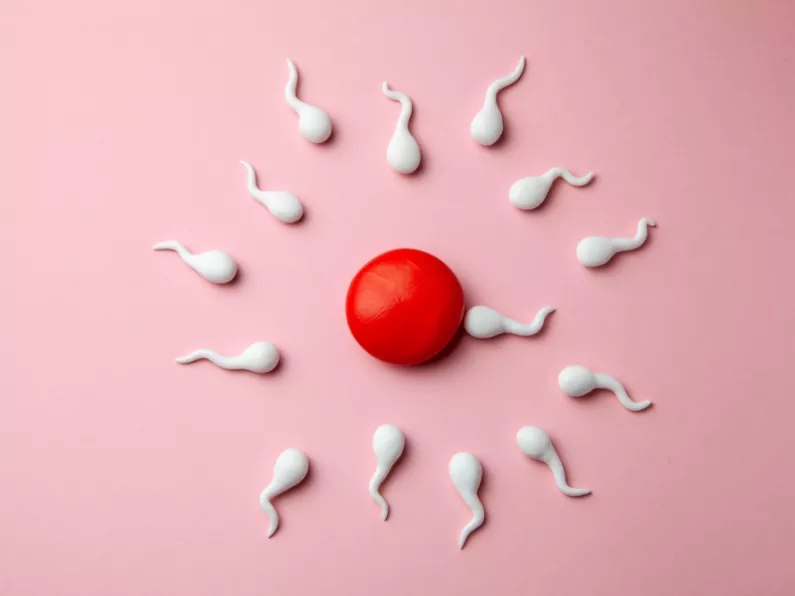Despite what was likely drilled into you at school and at home as a teenager, you can't actually get pregnant every time you have sex.
In fact, you can only get pregnant on a few days in a month. And for some women, it's a fertile window of only a few hours.
When are you most fertile?
According to the American College of Obstetricians and Gynecologists, an egg can only be fertilized for about 24 hours following ovulation, while a man's sperm can live in a woman's body for anywhere between three and five days.
Understanding when you're most fertile is essential whether you're trying to conceive or actively trying to make sure you don't.
Women can typically get pregnant about three to four days before ovulation and one to two days after ovulation.
Fertility is linked to menstruation, so if a woman has a regular menstrual cycle, her fertile window should be predictable.
A woman is most fertile at the time of ovulation, when the egg is released from the ovary, and for the majority of women, that will occur about 14 days before her period begins.
But the timing of ovulation depends on the length of the menstrual cycle.
How many days after your period are you most fertile?
The first day of your period is cycle day one.
If a woman has a regular 28-day cycle, ovulation will occur at day 14 and the next period will start 14 days after that.
If she has a shorter cycle, for example 25 days, ovulation will occur sooner around cycle day 11.
If the cycle length is longer, ovulation occurs later.
The time from ovulation until the next period begins is typically 14 days for everyone.
Fertility window calculator
Period tracker apps can help you better predict when you're in your fertile window.
But it's more difficult for women with an irregular cycle.
They can look for signs of ovulation, such as increased cervical discharge or basal body temperature monitoring.
With basal body temperature charting, women check their temperature first thing in the morning and chart it on a graph because they'll typically get an increase in their body temperature the day after they ovulate.
Women with irregular cycles may also use ovulation predictor kits.
Ovulation
Women are born with all the eggs they will ever have, and the eggs age as the woman ages. There are blood tests that can be done to predict ovarian reserve to determine if a woman has a reasonable number of eggs remaining; however, there is no test to look at quality of those eggs.
As a woman's eggs age, the quality goes down.
This means the ability for the egg to be fertilized and develop into a healthy embryo decreases with age.
